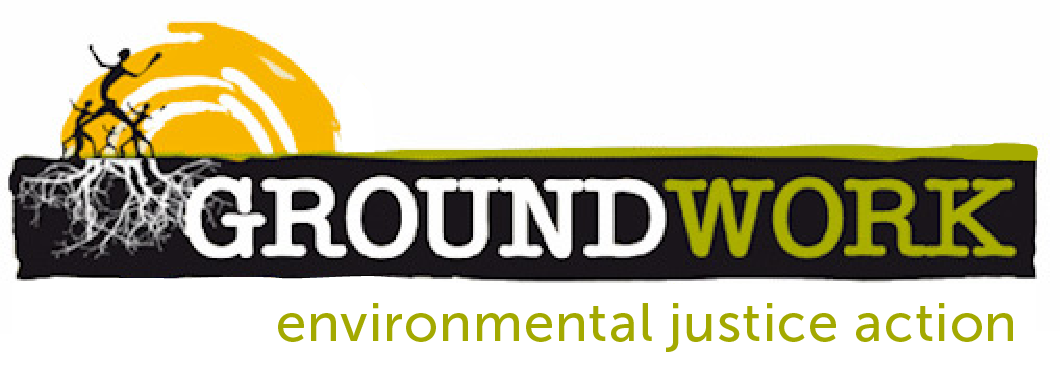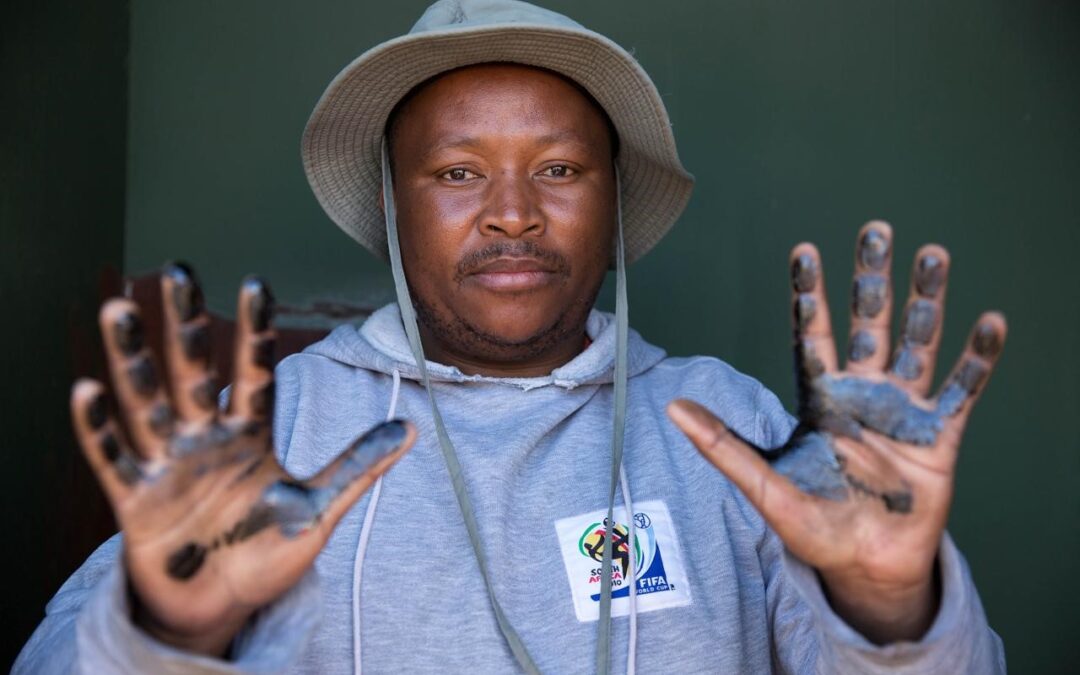
CER comments on the draft fracking regulations_vf with annexure
On 25thAugust 2022, civil society organisations submitted comments to the Draft Regulations Pertaining to the Exploration and Production of Onshore Oil and Gas requiring Hydraulic Fracturing, which were published on 11th July 2022, asking the South African government to abandon the use of fracking entirely.
groundWork endorsed comments prepared by the Centre for Environmental Rights (CER) to the Department of Forestry, Fisheries and the Environment (DFFE), which stated that the draft regulations failed to consider the implications of enabling fracking in the context of the climate emergency. It also failed to uphold the Bill of Rights and refrain from exposing people to the harms of the climate crisis. According to the United Nations Framework Convention on Climate Change (UNFCCC), temperatures in the region are increasing at twice the global average. Government’s role is to protect the people of South Africa against the impacts of climate change, and avoid the additional cost and exposure to climate risk.
While the president has confirmed South Africa’s extreme vulnerability to climate change impacts and has committed to the transition away from fossil fuels, government should not be investing in, or enabling fossil fuel exploration and production through unjustifiable regulation. The International Energy Agency (IEA) in its recent report, Net Zero by 2050, states that if the world is to avoid irreversible catastrophic climate change, no new oil and gas fields should be developed. Harmful greenhouse gas (GHG) emissions including methane from leaks, venting, diesel generators, truck traffic and flaring will have a global impact by exacerbating climate change. Locally, it will affect people’s health including respiratory and cardiovascular disease, risk of cancers and adverse birth impacts.
The biggest threat is to South Africa’s water resources. Hydraulic fracturing requires increasingly massive volumes of water per drill well, about 42,500m3 (20 Olympic-sized swimming pools of water). In the United States, an additional 1.5 million m3 of water per day is required for gas processing and pipeline transport. Fracking will have an irreversible devastating impact on the water-scarce country’s precious water resources, and generate large amounts of hazardous waste and other environmental and social impacts that cannot be mitigated. Furthermore, affected communities around the country have not been given sufficient notice, time or the means to understand the full implications of the draft regulations on their lives and livelihoods, and as such have not been adequately consulted or included in the drafting of these regulations.
The Regulations and Letter of Comments with Supporting Documents can be found here:
- Draft Regulations Pertaining to the Exploration and Production of Onshore Oil and Gas requiring Hydraulic Fracturing (11 July 2022)
- Comments submitted on the Draft Fracking Regulations (25 August 2022)



